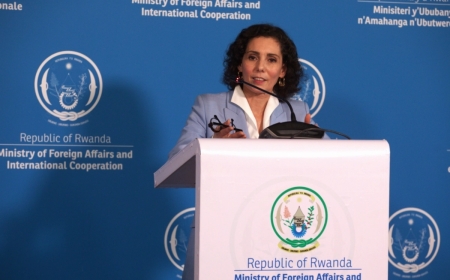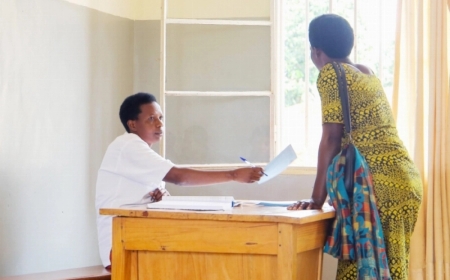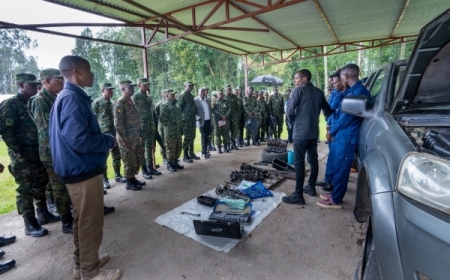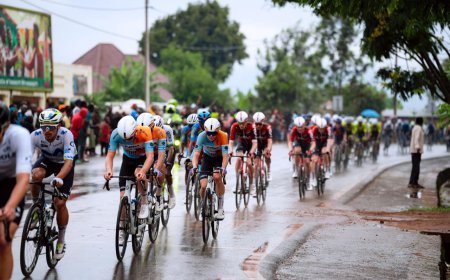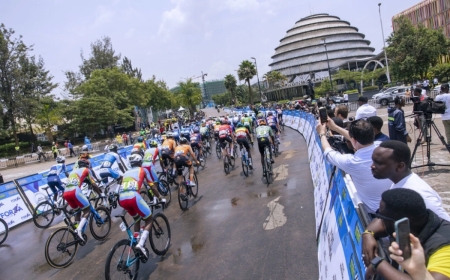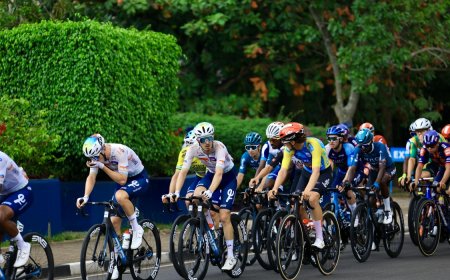A closer look at UCI firsts during Rwanda race

The highly anticipated 2025 UCI Road World championships in Rwanda, is poised to be more than just a race, with a lineup of unprecedented records, debuts and first time categories in the UCI history among others.
The championship is scheduled to run across the Rwandan capital city, Kigali, for eight gruelling days from September 21-28.
Times Sport looks at key elements which will be introduced in the Kigali edition.
First time on African soil
For the first time since its inception in 1921, the UCI Road World Championships will be staged in Africa, with Kigali welcoming thousands of riders, teams, and fans from across the globe.
Morocco was contesting for the rights to host the race but Rwanda was given the nod in a historic announcement made in 2021 in Belgian city of Louvain which hosted the 2021 race.
U23 women’s category
Among the major changes, the Championships will feature a standalone U23 Women’s Road Race.
Unlike previous editions where U23 women competed alongside elite riders, Kigali 2025 will offer a dedicated race, giving young female cyclists greater visibility and a clearer pathway to elite levels.
Safety technology for the first time
To enhance rider safety, organizers will introduce a new GPS tracking system, making it mandatory for all participants at Kigali 2025.
First tested at the Tour de Romandie Féminin, the technology will now be deployed on a much larger scale with the localisation of every rider, giving race control and medical teams the ability to track riders in real time and respond swiftly to emergencies.
The decision to implement this system followed the tragic death of 18-year-old Muriel Furrer, who crashed during a junior World Championship race in Zurich last year.
The female rider reportedly laid unattended for nearly an hour and a half after suffering a serious head injury, before later dying at Zurich University Hospital.
While GPS data has long been used in cycling to calculate time gaps and provide live updates, the new protocols go further by sharing detailed rider positions with UCI commissaires and safety officials.
This advancement will allow for continuous monitoring of the peloton and ensure medical support can be dispatched without delay in the event of an incident.
Highest elevation ever
The Kigali circuit is being described as one of the hardest ever designed for a World Championship.
Riders will face nearly 5,475 meters of climbing, with races taking place at an altitude of 1,850 meters above sea level.
The route includes multiple laps through the capital and the punishing Mur du Kigali climb, which could prove decisive in both the men’s and women’s elite races.


